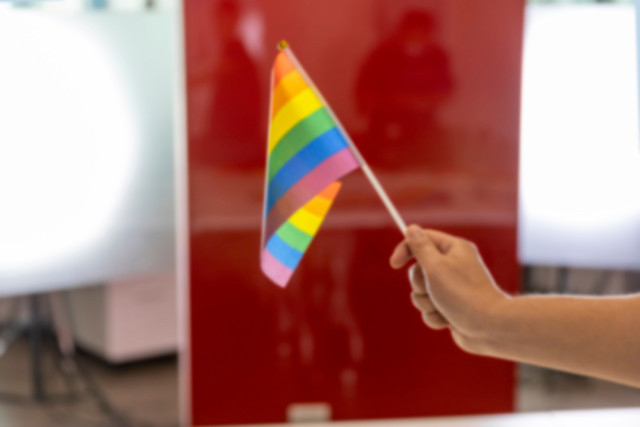Last week, IMS Luxembourg launched the LGBTI inclusion in the workplace guide, showing how employers can create a more inclusive environment. It includes testimonials from, among others, the country’s openly gay prime minister Xavier Bettel.
Pinkwashing, in which employers vocally support a cause but fail to back it up with concrete actions, was also a concern raised by several campaign groups.
Andy Maar from Luxembourg Pride told Delano: “We repeatedly experience cases in which companies want to present an inclusive and/or supportive image, but their efforts are then limited only on publishing social media posts or running advertisements. Neither internally in the company, nor with the local community does this support arrive. We would therefore like to see much more initiative and are happy to support companies in implementing this philosophy with concrete concepts.”
Crafts sector
Nathalie Morgenthaler, director of Luxembourg’s centre for equal treatment (CET), pointed out that many of the examples were from large, multinational employers in Luxembourg. “These good practices are therefore transposed to Luxembourg from an international level. It would be important to transpose these good practices, if feasible, also to smaller entities in the private and public sector.”
Her point about the public sector is particularly pertinent in light of the 2019 revelations about a school textbook exercise in which students had to calculate the amount of red and white paint required to obtain a pink colour to paint a bedroom. The exercise appeared to poke fun at the prime minister and then deputy prime minister, Etienne Schneider, also openly gay, who were named by first name. The book was later withdrawn from schools.
Laurent Boquet of Rosa Lëtzebuerg echoed Morgenthaler in pointing out that discrimination can be found in all company sizes and fields of activity, and it was particularly common the skilled crafts sector. “There is a somewhat rough tone in various trades, various jokes or remarks may not be mean-spirited, but are definitely discriminatory,” he said, adding: “We know of several cases among our members where an outing is out of the question.”
Lack of data
While Luxembourg was found to have met its 2017 recommendations from the European Commission against Racism and Intolerance monitoring body, authorities record limited data on discrimination of sex or gender. Boquet would like the country to create a central office for reporting such incidents. “When I report discrimination to the police, it is not statistically recorded anywhere,” he said.
In 2020, the CET recorded 28 incidents from people who were discriminated against in relation to their sex or gender. In 2019, across the EU, 43% of LGBT people felt discriminated against, up from 37% in 2012. At the same time, three quarters of EU citizens claim they want to see the same rights applied to people identifying as LGBT as heterosexuals.
